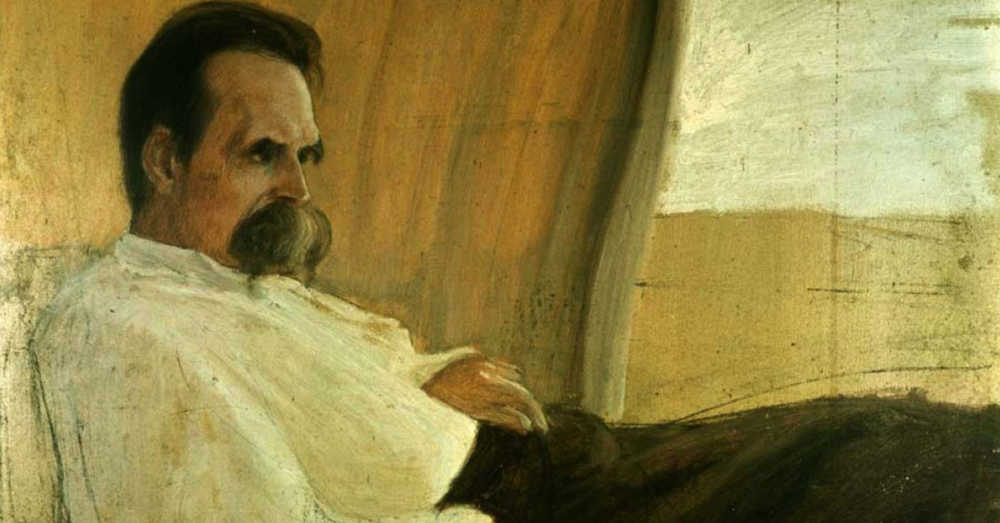We run our website the way we wished the whole internet worked: we provide high quality original content with no ads. We are funded solely by your direct support. Please consider supporting this project.
Podcast: Greg Confronts Nietzsche
Greg goes toe-to-toe with Friedrich Nietzsche in this epic battle of philosophers.
An 1889 oil sketch of Friedrich Nietzsche on his sick bed by Hans Johann Wilhelm Olde.

Send Questions To:
Dan: @thatdankent
Email: askgregboyd@gmail.com
Twitter: @reKnewOrg
Greg’s new book: Inspired Imperfection
Dan’s new book: Confident Humility
Subscribe:
Category: ReKnew Podcast
Tags: Philosophy
Related Reading

Inconceivable!
Though it’s now thirty-one years old, I’m willing to bet that the majority of you have watched the Princess Bride at least once. In fact, I’m willing to bet that a lot of you have seen it multiple times (I’ve seen at least parts of it dozens of times). It is truly one of the…

Podcast: What is the Greatest Philosophical Blunder in History?
Greg goes WAY back to trace an erroneous thought. His investigation brings all the way back to the pre-Socratics and the Ground-of-Being. http://traffic.libsyn.com/askgregboyd/Episode_0249.mp3

Lighten Up: You Gotta Believe In Something, Man!
Two things here: 1) How does this philosopher not see that “not believing in believing” is itself a belief? 2) Is that a turtleneck or is that philosopher just really hairy?

Greg Uncovers Flaws in Aquinas, and It Could Change Everything
In this episode Greg shares some intriguing insights about Aquinas and Aquinas’ concept of God.

Free Will: Is it a coherent concept?
Greg is going to be spending the next several blogs talking about the idea of free will. In this first reflection, he discusses whether it is coherent to speak of a decision that is not determined or exhaustively caused.

Rethinking Transcendence
Going back to pre-Socratic philosophers and running through the major strands of the church’s theological tradition, the conception of how God (or, in ancient Greece, “the One”) was arrived at primarily by negating the contingent features of the world that were deemed inferior and in need of explanation. God transcended the world, for example, by…



